Discover The Sandip Roy Show
The Sandip Roy Show

The Sandip Roy Show
Author: Express Audio
Subscribed: 222Played: 3,496Subscribe
Share
© Copyright Express Audio
Description
What makes people tick? What are the stories they carry with them? In a world of shouting heads, veteran journalist, radio commentator and novelist Sandip Roy sits down to have real conversations about the fascinating world around us and the people who shape it. Catch these engaging interviews every other Sunday
193 Episodes
Reverse
June is Pride Month around the world but does India need to march to that calendar? More Indian cities now hold Pride in winter, when it’s cooler and the streets are fuller. And that practical shift opens a bigger question, why has India so often taken its cues from the West when our own queer histories run deep?And this week host Sandip Roy is joined by writer Sindhu Rajasekaran, whose new book traces how the British reformed and silenced India’s queer futures, to take a look at erased lineages and what they mean for Pride in India.Produced by Shashank BhargavaEdited and mixed by Suresh Pawar
Fine dining in India has shifted dramatically. What once meant dressing up for a five-star hotel is now shaped by standalone restaurants that are bolder, more experimental, and at the centre of culinary buzz. And in an unexpected twist, some of the most talked-about spots today are tiny, intimate 10 to 18 seaters, like Naar in Kasauli or Papa’s in Mumbai — where chefs are reimagining what a dining experience can be.In this episode of our occasional series on Indulgence, host Sandip Roy speaks to three restaurateurs featured in this year’s Condé Nast Traveller Top 50:Gauri Devidayal, entrepreneur and restaurateur, co-founded The Table in Mumbai, as well as brands like Mag St. Bread Co., Iktara, and Magazine St. Kitchen. Shuli Ghosh, co-founder and creative force behind Sienna Calcutta. Yash Bhanage, founder and COO of Hunger Inc. Hospitality Pvt. Ltd., the company behind restaurants such as The Bombay Canteen, O Pedro, Bombay Sweet Shop, Veronica’s, and Papa’s.Produced by Shashank BhargavaEdited and mixed by Suresh Pawar
When people from upper castes talk about caste, it’s often through headlines — about atrocities or reservations — stories reduced to data, distant and impersonal. And even when caste violence is discussed, it’s usually set in faraway villages, rarely finding a place in books written in English.That’s what makes Rakshit Sonawane’s novel The Scum of the Earth stand out. Drawing from his own life as a first-generation learner from a family that once faced untouchability and later embraced Buddhism, Sonawane tells a deeply personal story of caste and identity.A graduate in English literature who has worked with media houses like The Indian Express, Mid-Day, and The Free Press Journal, he joins Sandip this week to talk about his journey and why he chose fiction to tell his truth.Produced by Shashank BhargavaEdited and mixed by Suresh Pawar
Even though many of us in India immediately think of an eraser when we hear the word rubber, the material has long become an inseparable part of our lives. Yet, like many indispensable everyday items, its history is deeply tied to colonialism and slave labour.With growing concerns about whether we have enough rubber to sustain our future needs, host Sandip Roy speaks with Vidya Rajan about her book Rubber: The Social and Natural History of an Indispensable Substance.Produced by Shashank BhargavaEdited and mixed by Suresh Pawar
Every election season, attention turns to India’s Hindi heartland, a region central to the country’s politics and identity. It has produced most of India’s prime ministers and a large share of its parliamentarians, while also witnessing some of the most intense communal clashes and temple–mosque disputes. Yet, it also remains the cradle of the Ganga-Jamuni tehzeeb, a culture rooted in coexistence and shared traditions.This week on the show, host Sandip Roy speaks with Ghazala Wahab, whose new book, The Hindi Heartland, traces the region’s complex history and examines its continuing influence on India’s politics and society.Produced by Shashank BhargavaEdited and mixed by Suresh Pawar
When we think of cheese, names like Brie, Gouda, or Cheddar usually come to mind — but nothing much from India. Yet India, home to the world’s largest dairy herd, is now witnessing a quiet but remarkable cheese revolution. At farmer’s markets, artisanal producers are offering everything from creamy classics to inventive varieties infused with Tellicherry peppercorns or curry leaves. This week, as part of our series on Indian indulgences, we explore how local terroir is shaping India’s cheese story. Joining host Sandip Roy are two pioneers redefining what Indian cheese can be — Namrata Sundaresan, cofounder of Käse Cheese, and Mansi Jasani of The Cheese Collective.Produced by Shashank BhargavaEdited and mixed by Suresh Pawar
Many of us grew up with only a patchy knowledge of Bhutan. And these days, most stories about the country in India tend to focus on tourism. But what was it like to grow up in Bhutan in the 1950s and 60s? Kunzang Choden, who grew up in a landed household, explores this in her memoir, Telling Me My Stories, which paints a complex portrait of a country caught in the winds of change.This week on the show, Sandip speaks to Choden about her childhood in Bhutan, the transformations she witnessed, and how they continue to shape the country today.Produced by Shashank BhargavaEdited and mixed by Suresh Pawar
In this episode, host Sandip Roy discusses India’s national sleep crisis, a problem that affects all ages, from anxious teenagers to overworked professionals, with Dr. G.C. Khilnani, a renowned pulmonologist and chairman of the PSRI Institute of Pulmonary, Critical Care and Sleep Medicine, to understand why sleeplessness has become such a widespread concern.They discuss everything from sleep hygiene and circadian rhythm disruptions to insomnia, sleep apnea, and how modern lifestyles, screen addiction, and late-night habits are quietly eroding the quality of our sleep and our health.Produced by Shashank BhargavaEdited and mixed by Suresh Pawar
In recent years, online retail has transformed how we shop—bringing everything from food to taxis to our doorstep. The convenience is undeniable, but the gig economy behind it remains largely unexamined. How does this system impact those who work in it, use it, or build it? This week on the show, host Sandip Roy speaks to social science researcher Vandana Vasudevan, author of OTP Please: Online Buyers, Sellers and Gig Workers in South Asia, to explore the hidden human stories behind the apps and algorithms that power our everyday lives.Produced by Shashank BhargavaEdited and mixed by Suresh Pawar
Summer in India brings with it the irresistible charm of mangoes, and the predictable flood of mango themed stories. These usually blend nostalgia, tales of nawabi indulgence, exotic varieties, and the timeless Alphonso-versus-the-rest debate. But journalist Sopan Joshi, in his book Mangifera indica: A Biography of the Mango, peels back that sugary surface to explore the mango’s deeper story—its fossil records, its genetics, its place in ecology, our culture, and the pressures of modern agriculture. So, as the mango season nears its end, host Sandip Roy speaks to Joshi to discuss the real state of the mango today.Produced by Shashank BhargavaEdited and mixed by Suresh Pawar
Long relegated to the footnotes of history, Lal Bahadur Shastri is often overshadowed by the towering legacies of Jawaharlal Nehru and Indira Gandhi. But what if Shastri hadn’t died suddenly after signing the Tashkent Agreement with Pakistan? Would Indira Gandhi still have become Prime Minister? And how might India’s political trajectory have changed?In this episode, host Sandip Roy speaks to Sanjeev Chopra, author of The Great Conciliator, a new biography of Shastri. Chopra, a former IAS officer and former director of the Lal Bahadur Shastri National Academy of Administration, traces Shastri’s rise to power and explores why India’s second Prime Minister deserves a closer look today.Produced by Shashank BhargavaEdited and mixed by Suresh Pawar
On June 25, 1975, Prime Minister Indira Gandhi declared a state of Emergency in India—an era marked by censorship, arrests, and a suspension of civil liberties. While the resistance within India is well-documented, far less is known about how Indians abroad responded. In this episode, on the 50th anniversary of the Emergency, host Sandip Roy speaks with journalist Sugata Srinivasaraju, author of The Conscience Network, and Professor Anand Kumar, who helped form the group Indians for Democracy in the US. Together, they reflect on how the diaspora stood up to authoritarianism from afar—challenging the narrative, organizing protests, and showing that the fight for democracy crossed national borders.Produced by Shashank BhargavaEdited and mixed by Suresh Pawar
In this episode, host Sandip Roy Show is joined by author Ruchir Joshi who takes us back to Calcutta in the early 1940s, an era charged with political upheaval, global war, and cultural ferment. Set against the backdrop of Tagore’s death, Subhash Bose’s escape, the Quit India Movement, and the looming Bengal Famine, Joshi’s novel Great Eastern Hotel captures a city on the brink of transformation. Sandip and Ruchir discuss why the years 1941–1943 were pivotal, how Calcutta became a crossroads of empire and resistance, and how a diverse cast of characters from elite Bengalis to British expatriates and street pickpockets bring this moment alive.Produced by Shashank BhargavaEdited and mixed by Suresh Pawar
To what extent has gay representation in Indian popular culture evolved? Is it now simply trendy to include gay characters, or are these portrayals also becoming deeper and more meaningful? This week, to kick off Pride Month, we explore how the portrayal of gay lives in Indian popular culture has changed over the decades. Host Sandip Roy speaks to three queer voices from different generations to understand this shift.Sridhar Rangayan is a filmmaker and activist who, along with his partner Sagar Gupta, founded the Kashish Pride Film Festival in Mumbai — the first queer film festival in India to be held in a mainstream movie theatre.Santanu Bhattacharya is a novelist whose book Deviants follows three generations of gay men in a single family.Rohin Bhatt is a queer non-binary lawyer practicing in the Supreme Court and the author of The Urban Elite v. Union of India.Produced by Shashank BhargavaEdited and mixed by Suresh Pawar
India recently saw heated debates around the three-language formula — a policy suggesting students learn a modern Indian language like Hindi, and English. While some saw it as a backdoor push for Hindi, the real picture might be far more layered.But as we argue over Hindi versus English, or regional versus national languages, a deeper concern often gets overlooked: the hundreds of other languages quietly fading away. According to the People’s Linguistic Survey of India, the country had at least 780 languages in 2010 — many of them endangered, some down to their last handful of speakers.In this episode, we explore India’s vast linguistic diversity with two people who’ve spent their lives working to preserve it. Host Sandip Roy speaks to G.N. Devy, cultural activist and editor of the People’s Linguistic Survey of India, and linguist Anvita Abbi, known for her work on minority and tribal languages across India, especially those of the Great Andamanese.Produced by Shashank BhargavaEdited and mixed by Suresh Pawar
In 1975, Begum Wilayat Mahal and her children, Princess Sakina and Prince Ali Raza, moved into New Delhi Railway Station, claiming to be descendants of the House of Awadh. After a decade at the station, the government granted them Malcha Mahal, a 14th century hunting lodge deep inside a forest in Delhi. But were they really royalty, or was it all a grand deception? A new book, The House of Awadh by Aletta André and Abhimanyu Kumar, attempts to uncover the truth. In this episode, host Sandip Roy speaks to the authors about what their cross border reporting, archival research and intimate interviews uncovered.Produced by Shashank BhargavaEdited and mixed by Suresh Pawar
Long before press freedom indexes were even conceived, the Urdu newspaper Pratap was speaking truth to power in undivided India — and paying a heavy price for it. Launched in 1919, Pratap quickly ran afoul of the British Raj but remained defiantly independent.After independence, its legacy continued with the launch of Vir Pratap, its Hindi successor. But how fearless did these publications remain after independence?This week, host Sandip Roy speaks to Chander Mohan, who served as editor of Vir Pratap for forty years, and his daughter Jyotsna Mohan, a journalist with nearly three decades of experience, to explore the journey and enduring impact of these pioneering publications.Produced by Shashank BhargavaEdited and mixed by Suresh Pawar
In this episode, we discuss how early Christian missionaries encountered Hinduism during colonial rule depending on where they landed and whom they met and how they saw very different faiths with different gods, rituals, and customs. Host Sandip Roy is joined by author and historian Manu S. Pillai to discuss his new book, "Gods, Guns and Missionaries," which explores how these cross-cultural encounters not only attempted to reshape India but also unexpectedly influenced the construction of a modern Hindu identity.Produced by Ichha SharmaEdited and mixed by Suresh Pawar
Social media has revolutionised the world of home chefs, bringing everyday cooks into the spotlight. From a woman in the Northeast showcasing her daily thali of fermented foods to a mother-son duo in rural Bengal cooking over a mud stove, food storytelling is more diverse than ever. Cookbooks are emerging from Dalit kitchens to Saraswat Brahmin traditions, highlighting how caste and cuisine remain deeply intertwined in India. But is this visibility changing the role of caste in food, or merely reinforcing old divides?In this episode, host Sandip Roy is joined by Dr Sucharita Kanjilal, Assistant Professor of Anthropology at Bard College, and Dr Sylvia Karpagam, a public health doctor and researcher to discuss how food continues to shape identity, social boundaries, and even public health in India.Edited and mixed by Suresh Pawar
For millions in India, the cow is sacred, and many states have laws prohibiting its slaughter. But this raises a question—what do we do with all these cows? And while India reveres the 'Mother Cow,' does the cow herself want to mother anyone beyond her own calf?In this episode, host Sandip Roy speaks with Yamini Narayanan about her new book, Mother Cow, Mother India. She unpacks the complexities of India’s dairy industry and the uncomfortable truths consumers often ignore.Yamini is a Senior Lecturer in International and Community Development at Deakin University, Australia.Produced by Shashank BhargavaEdited and mixed by Suresh Pawar


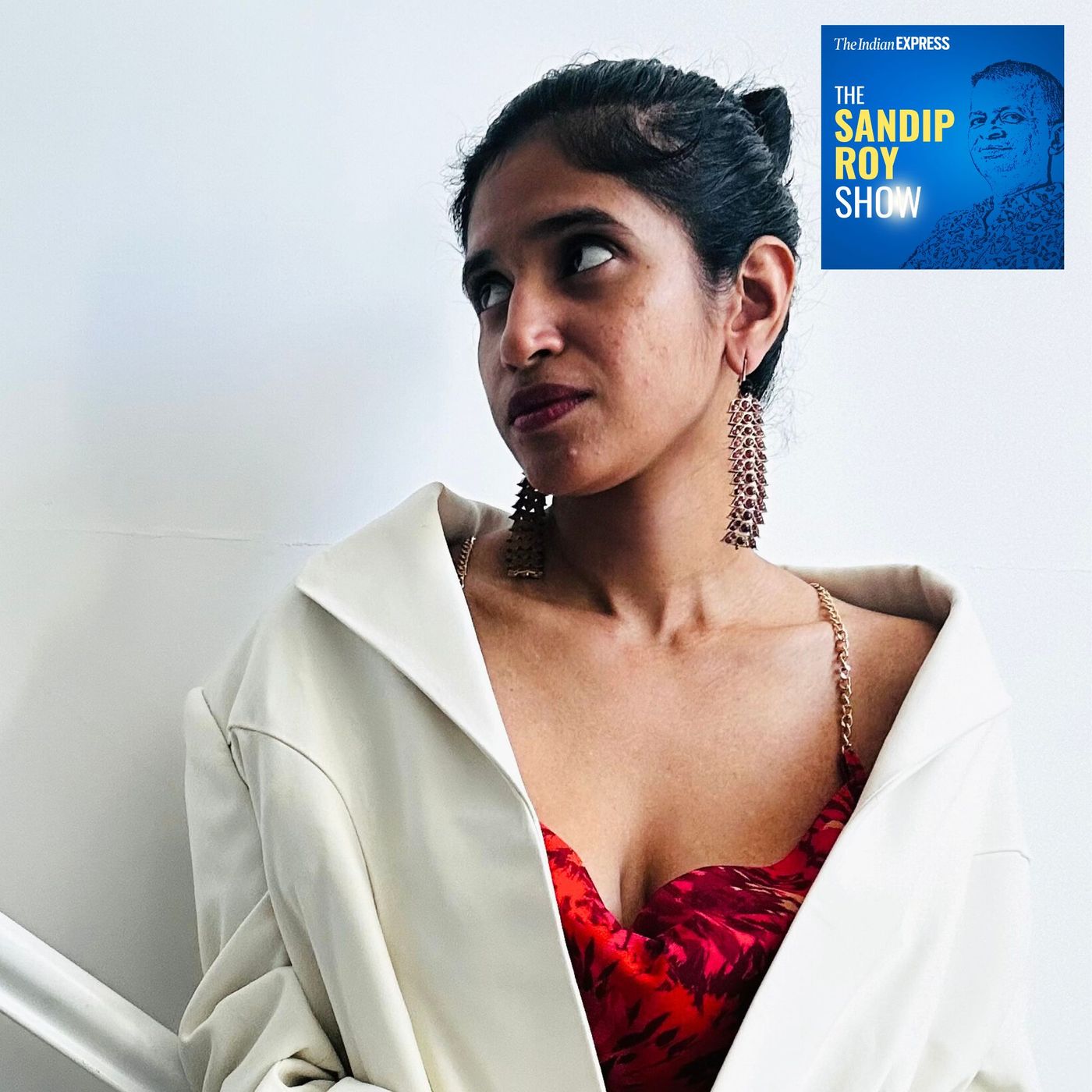
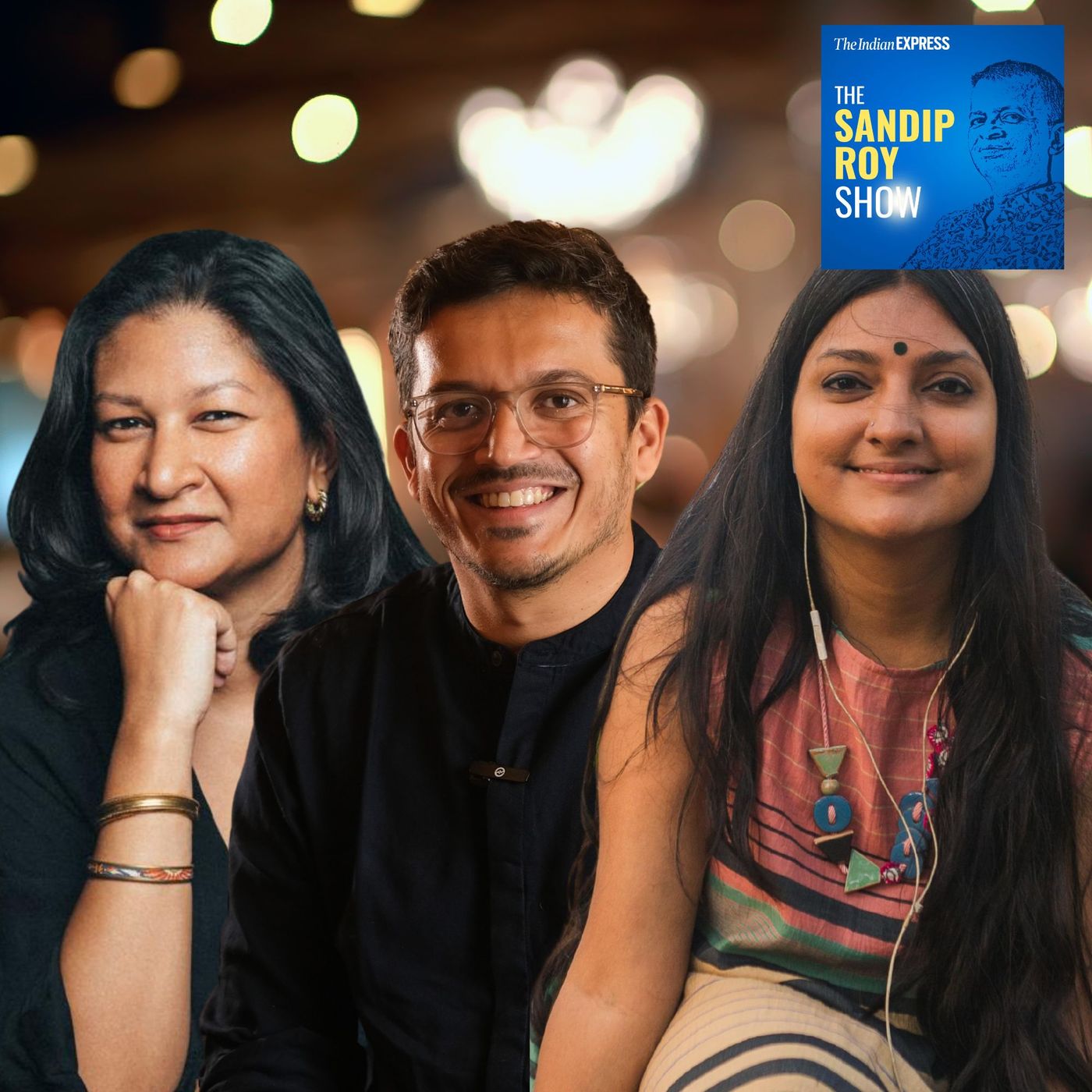
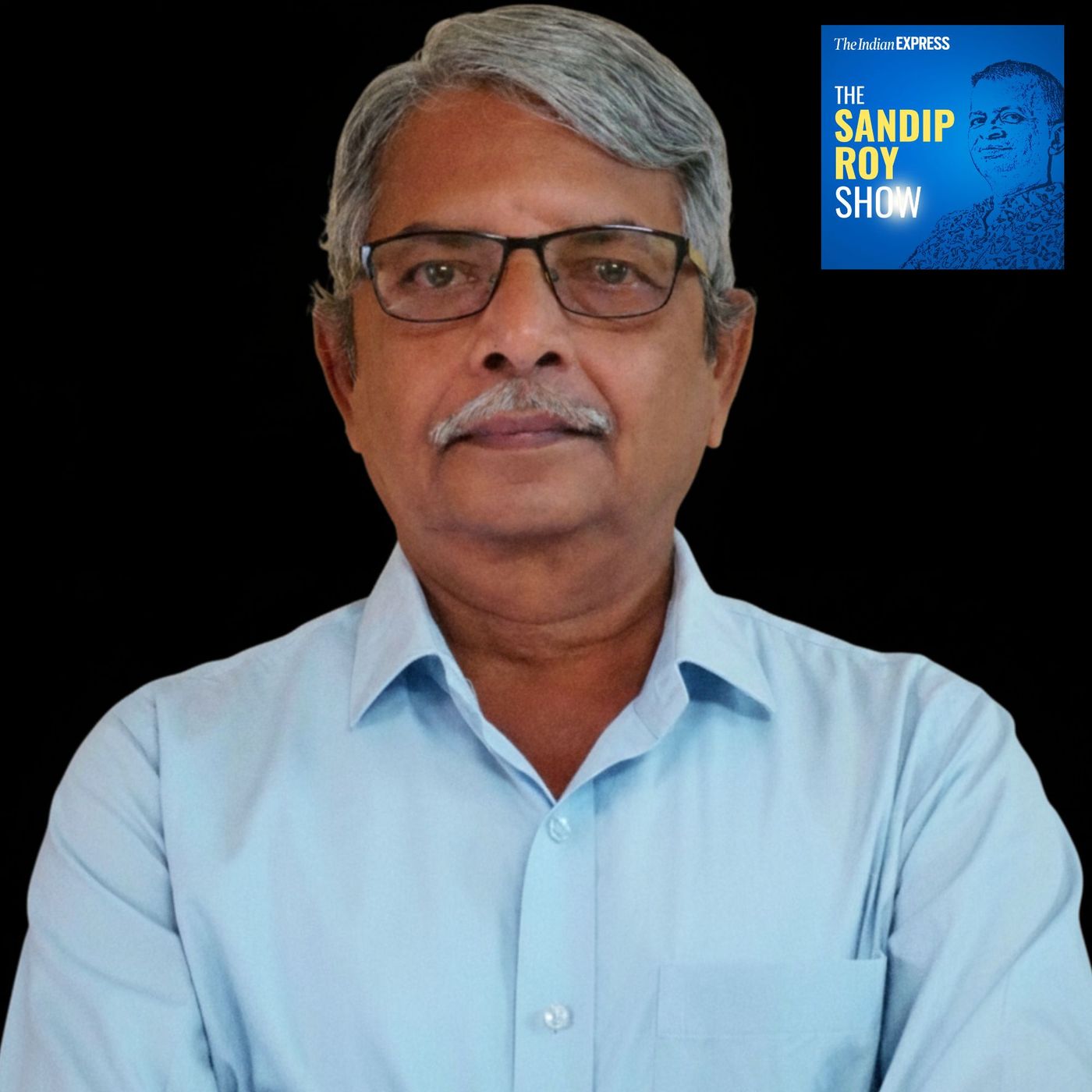
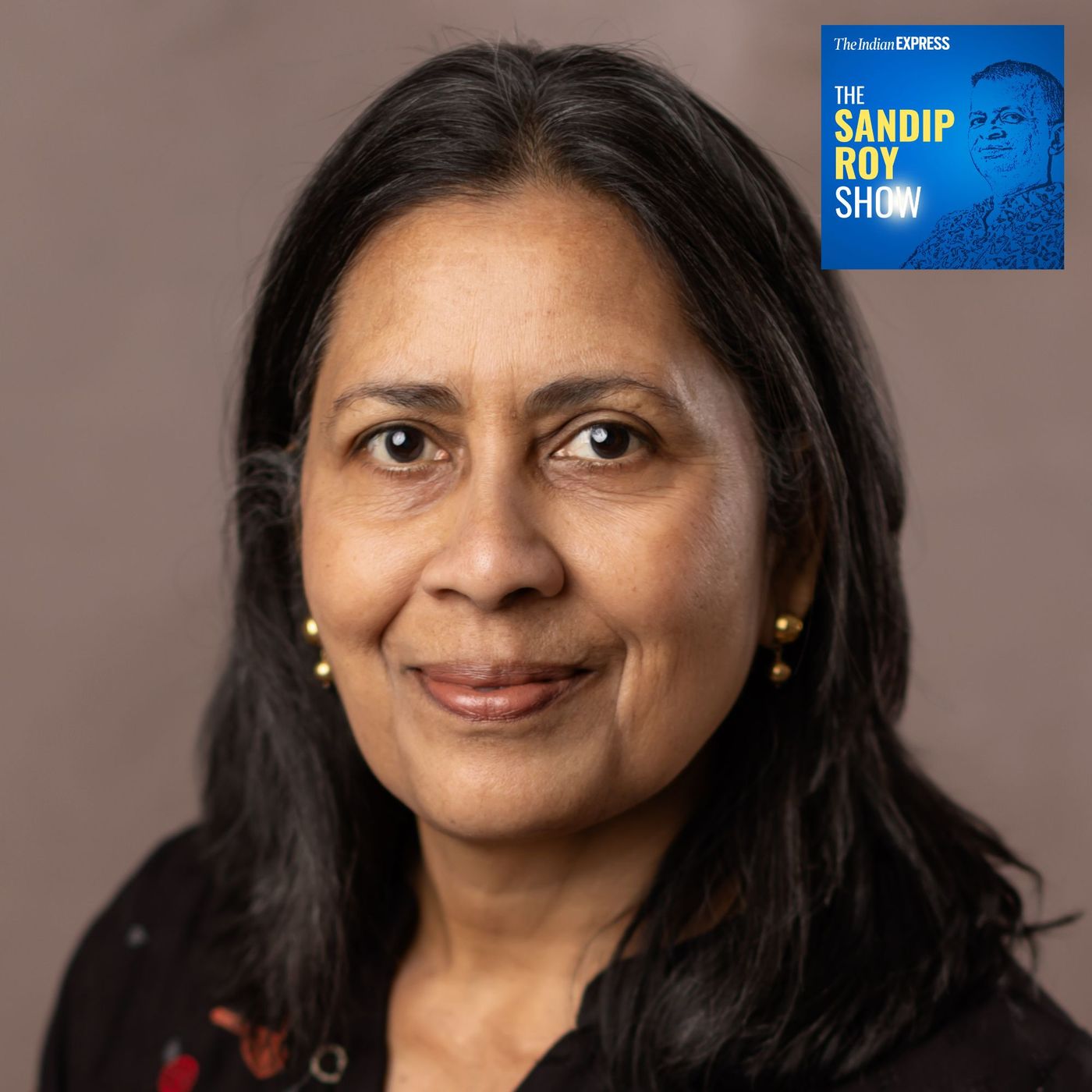
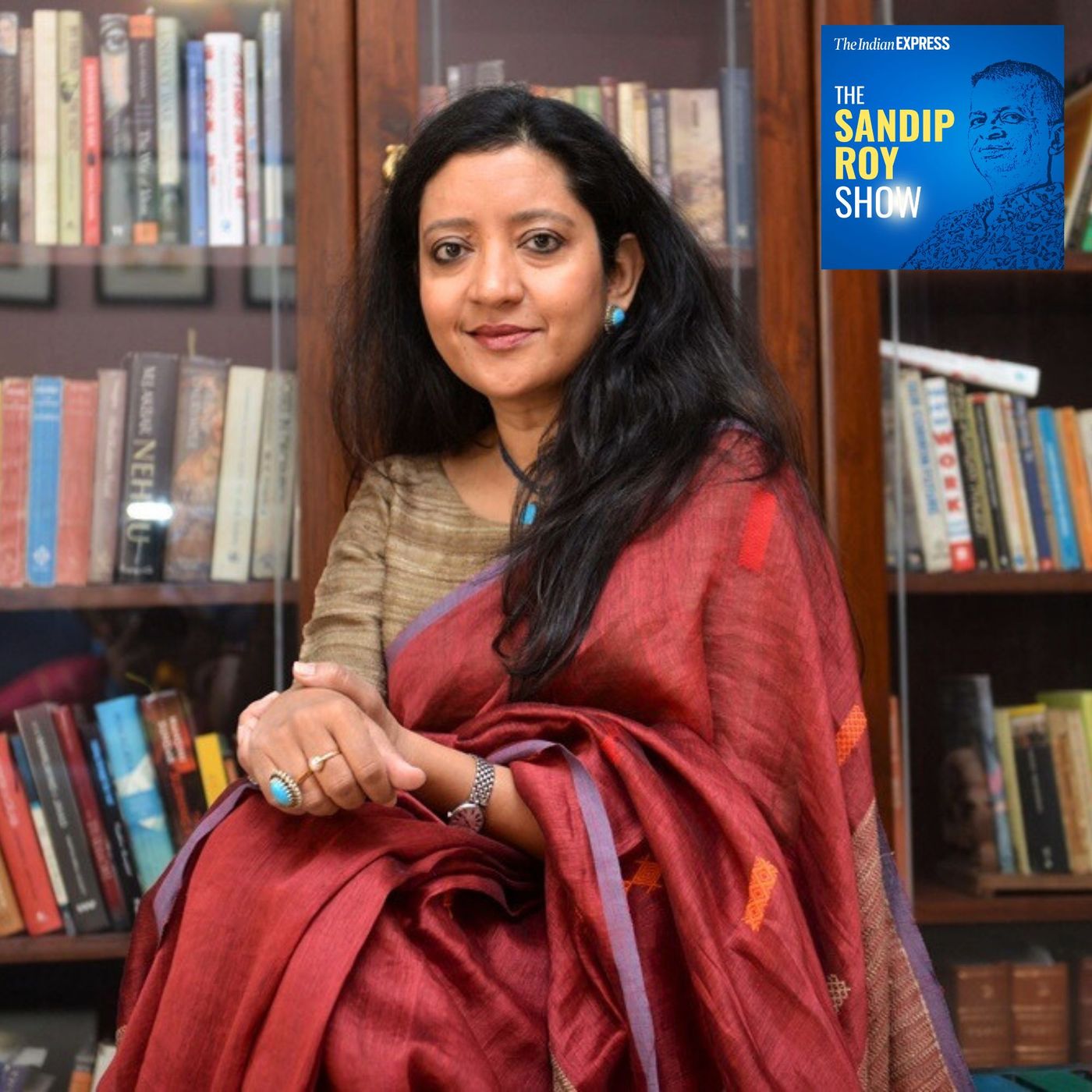


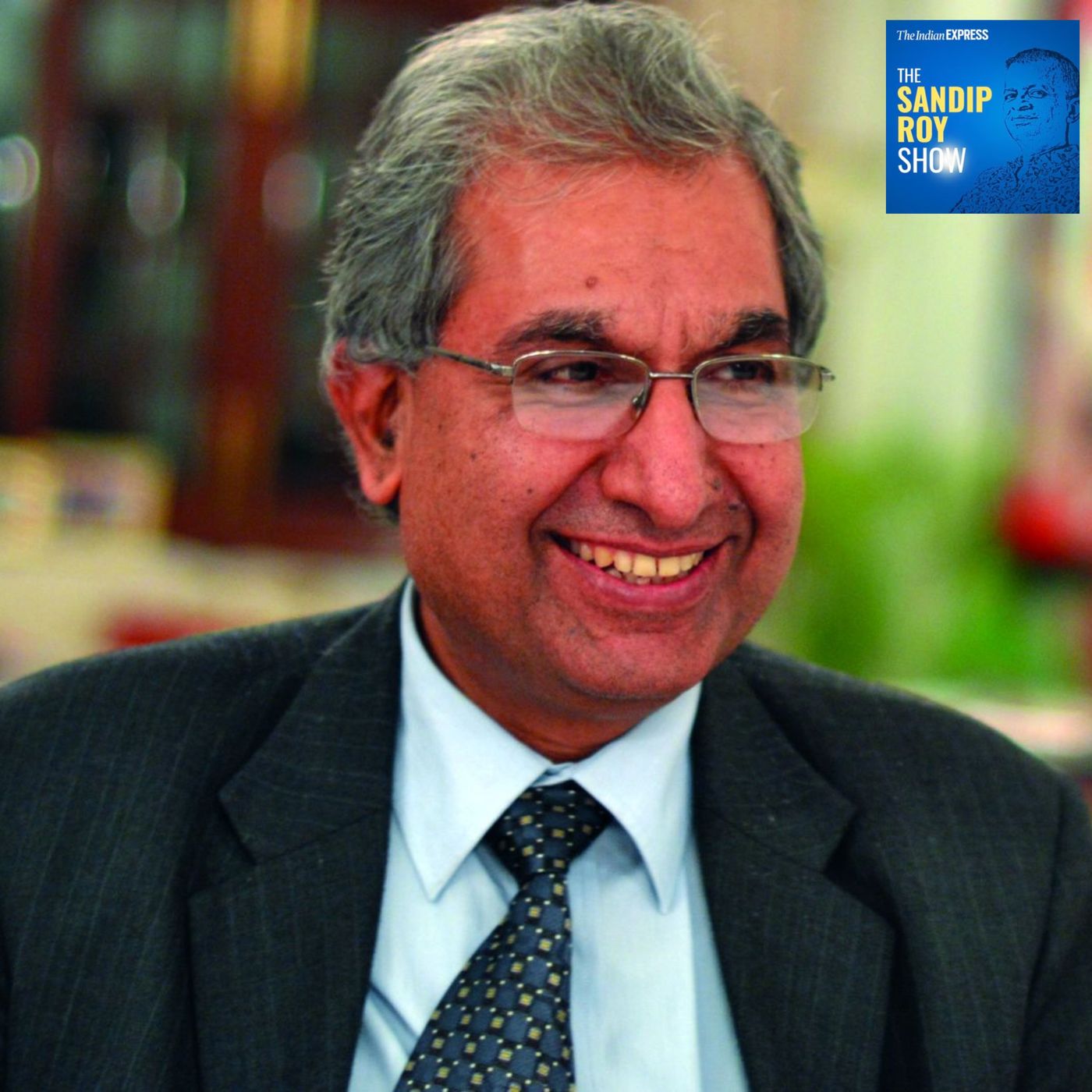
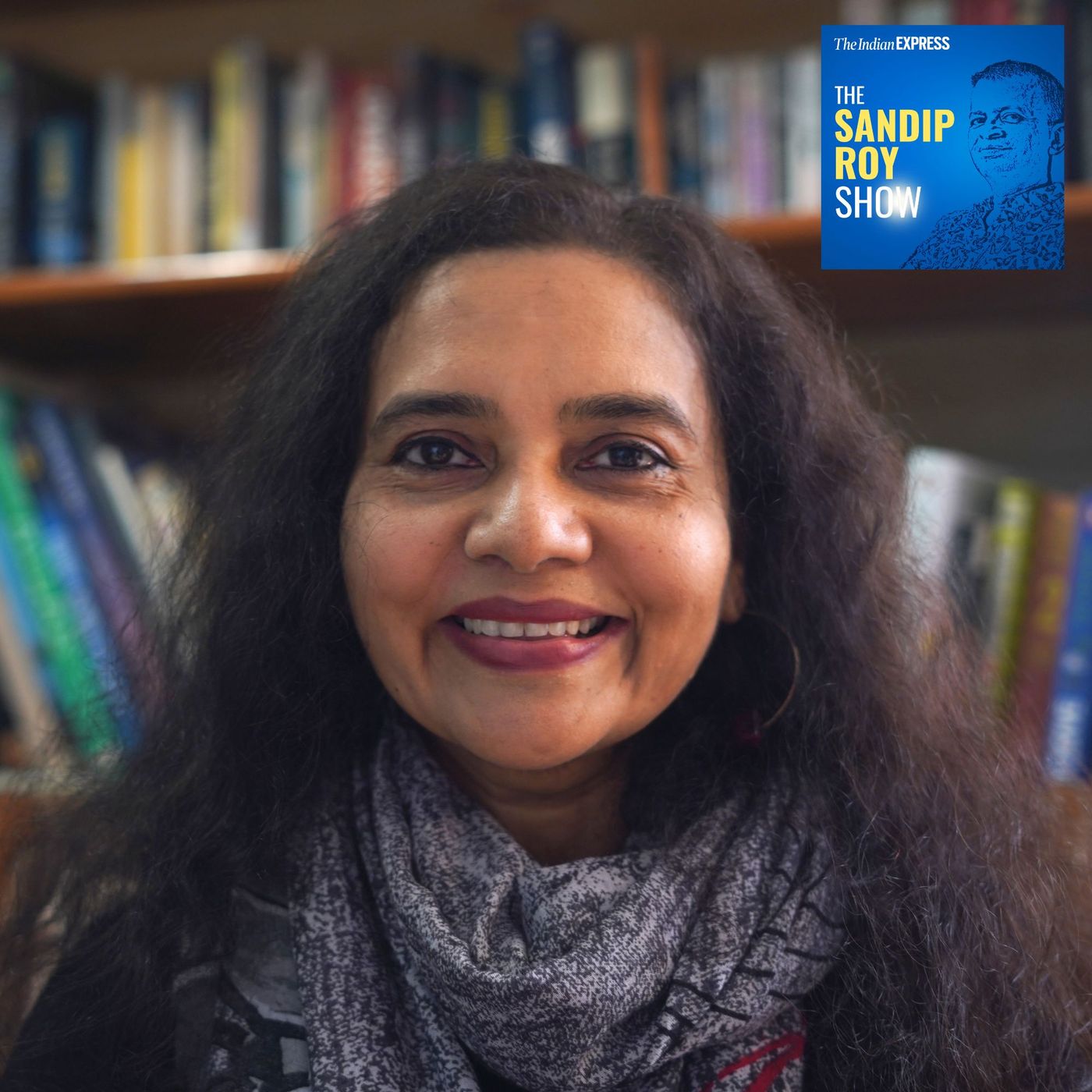
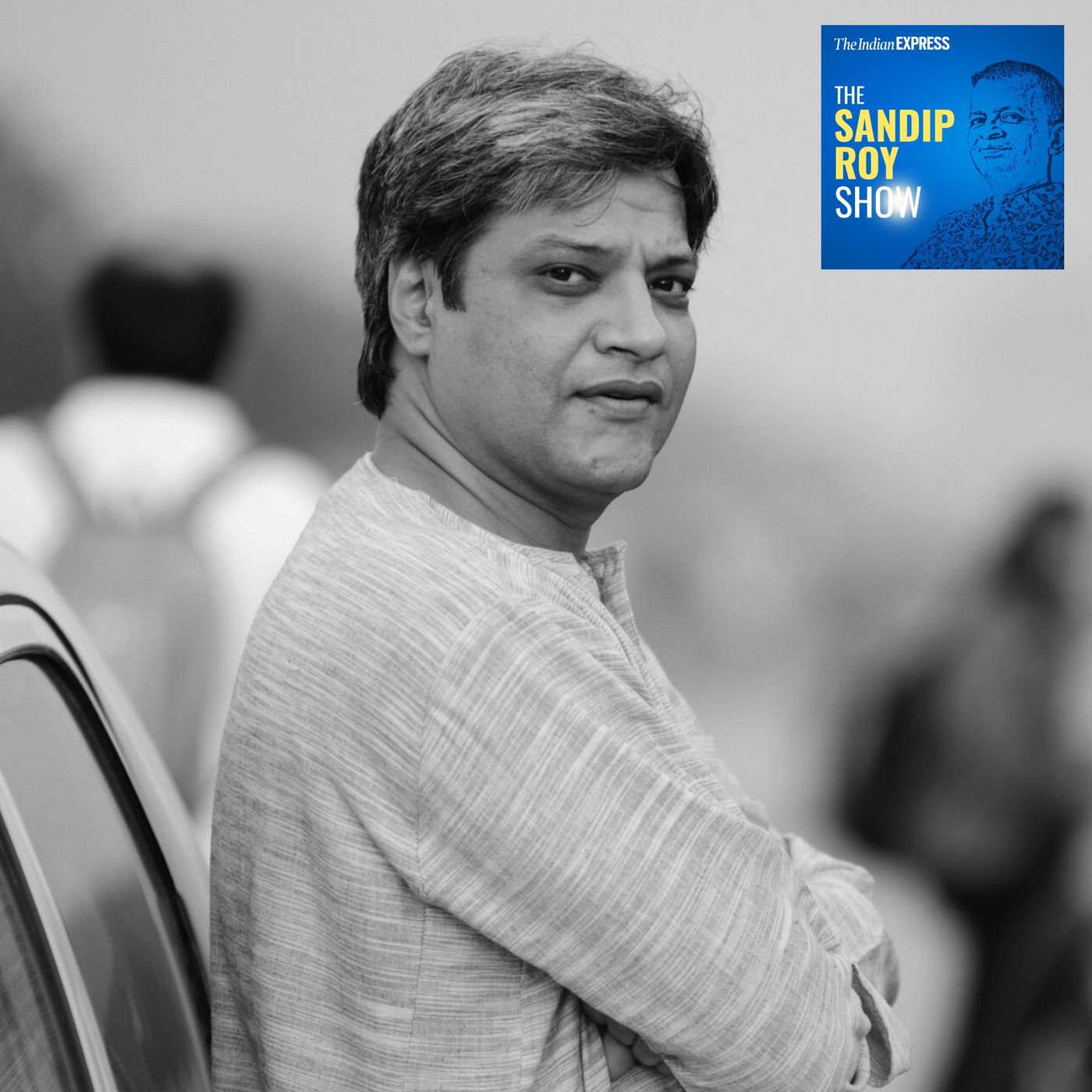
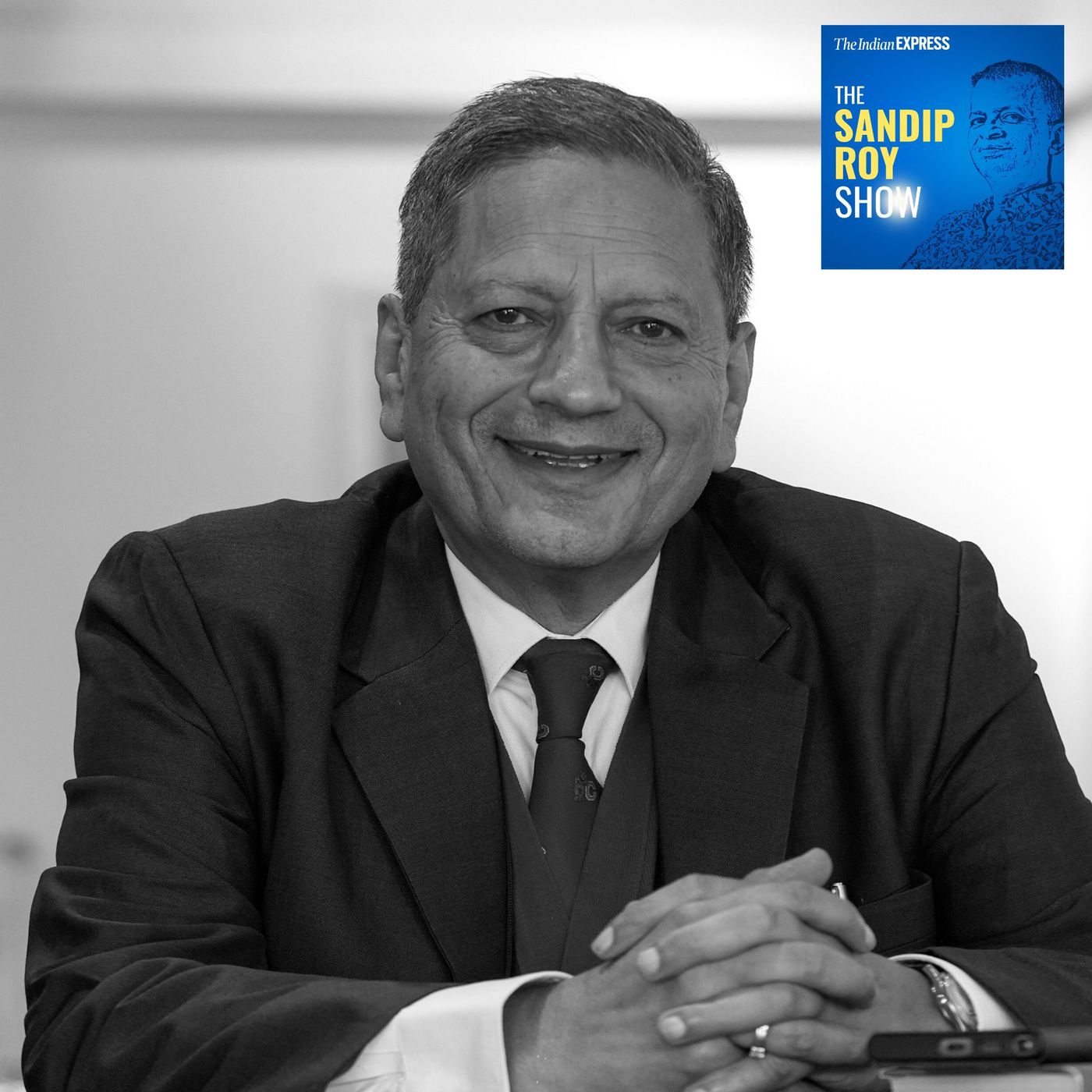
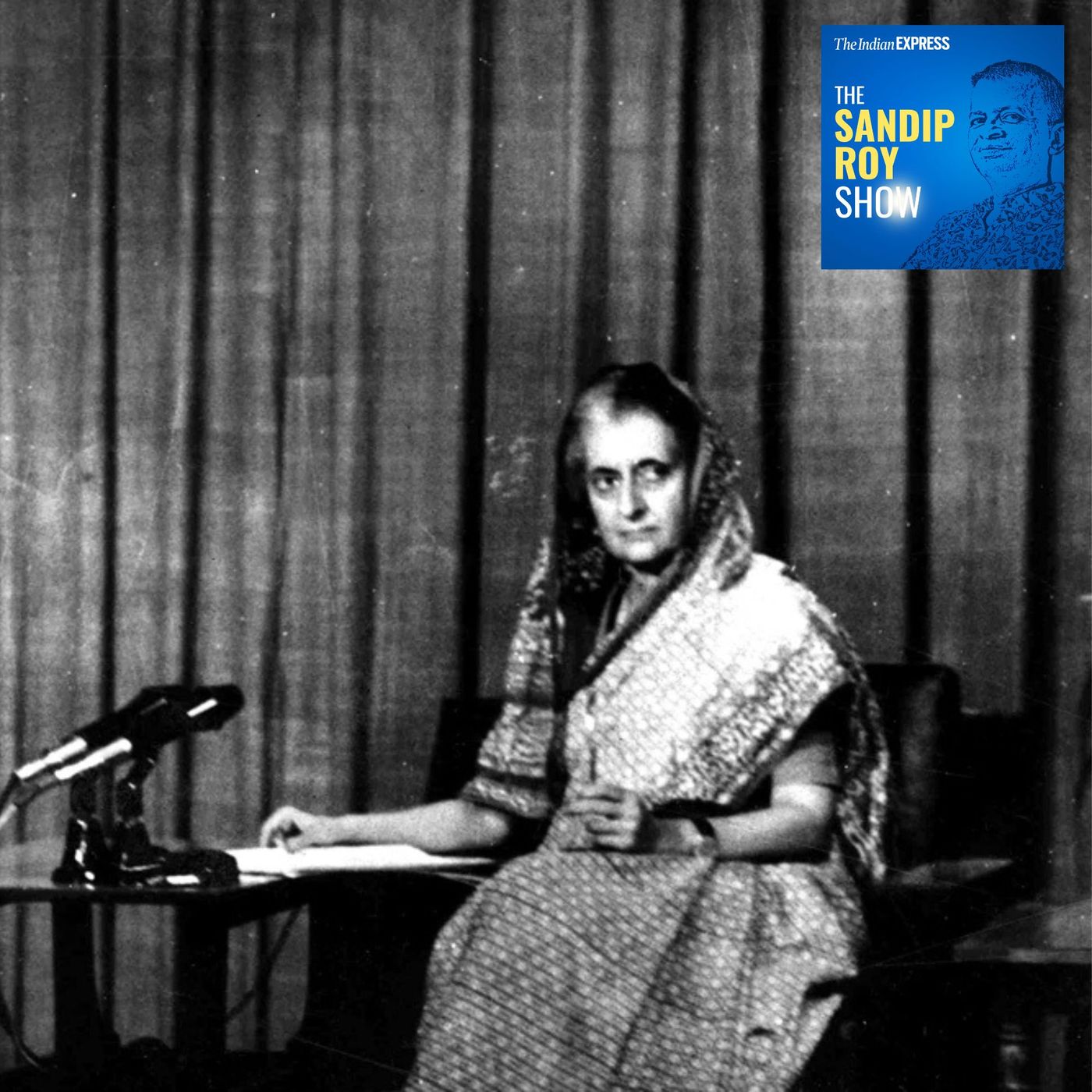
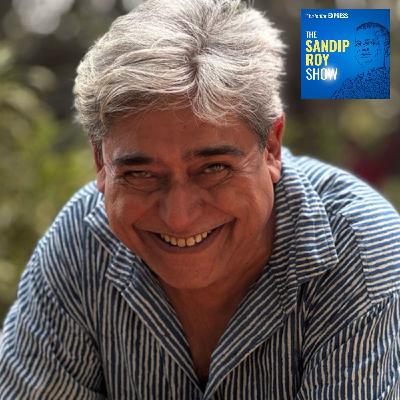
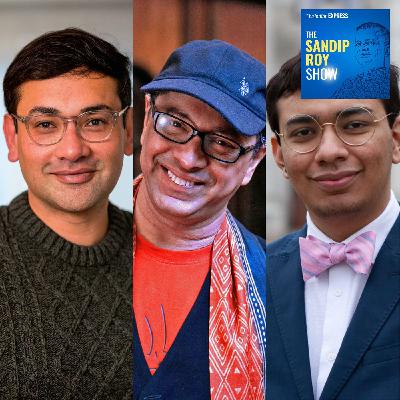
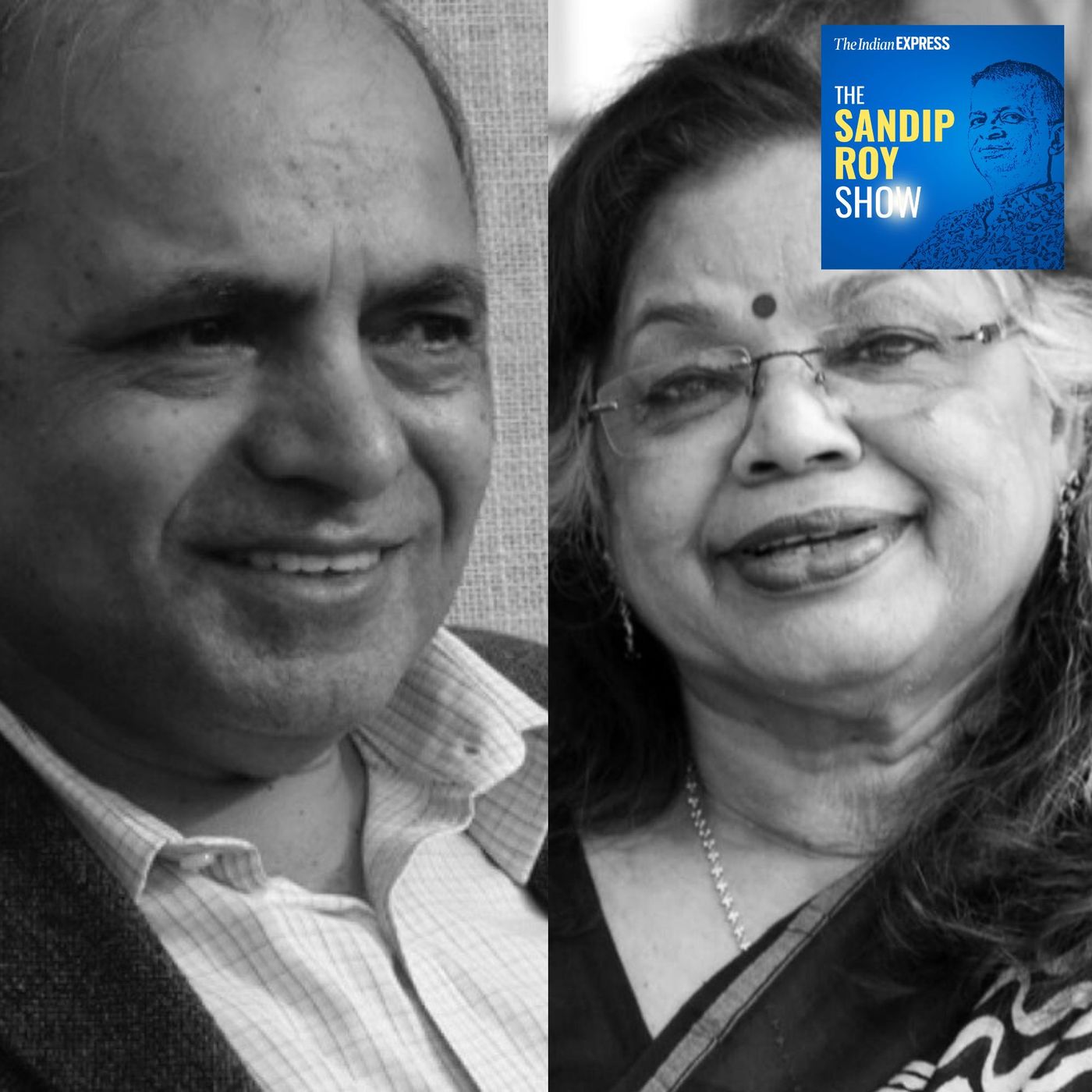

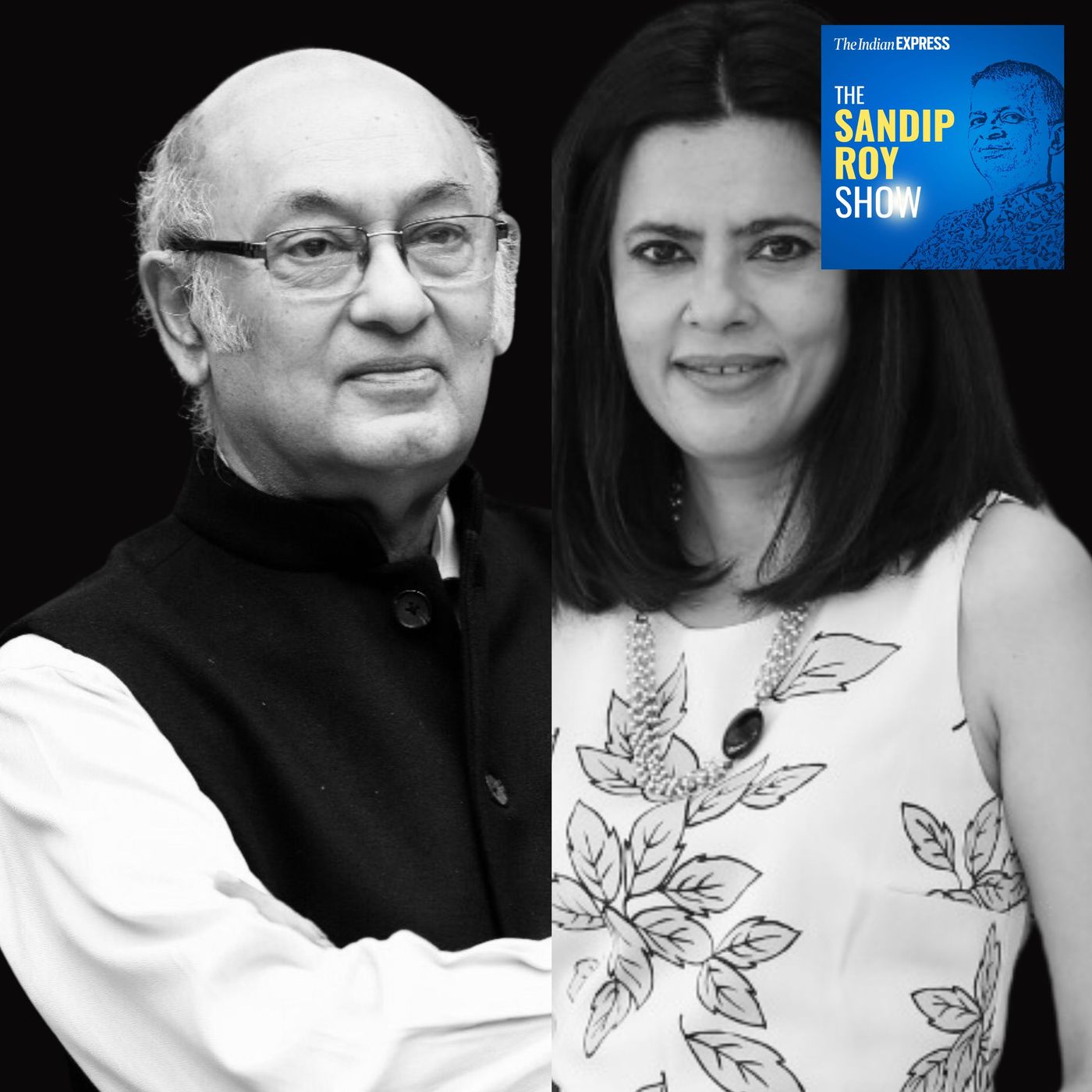
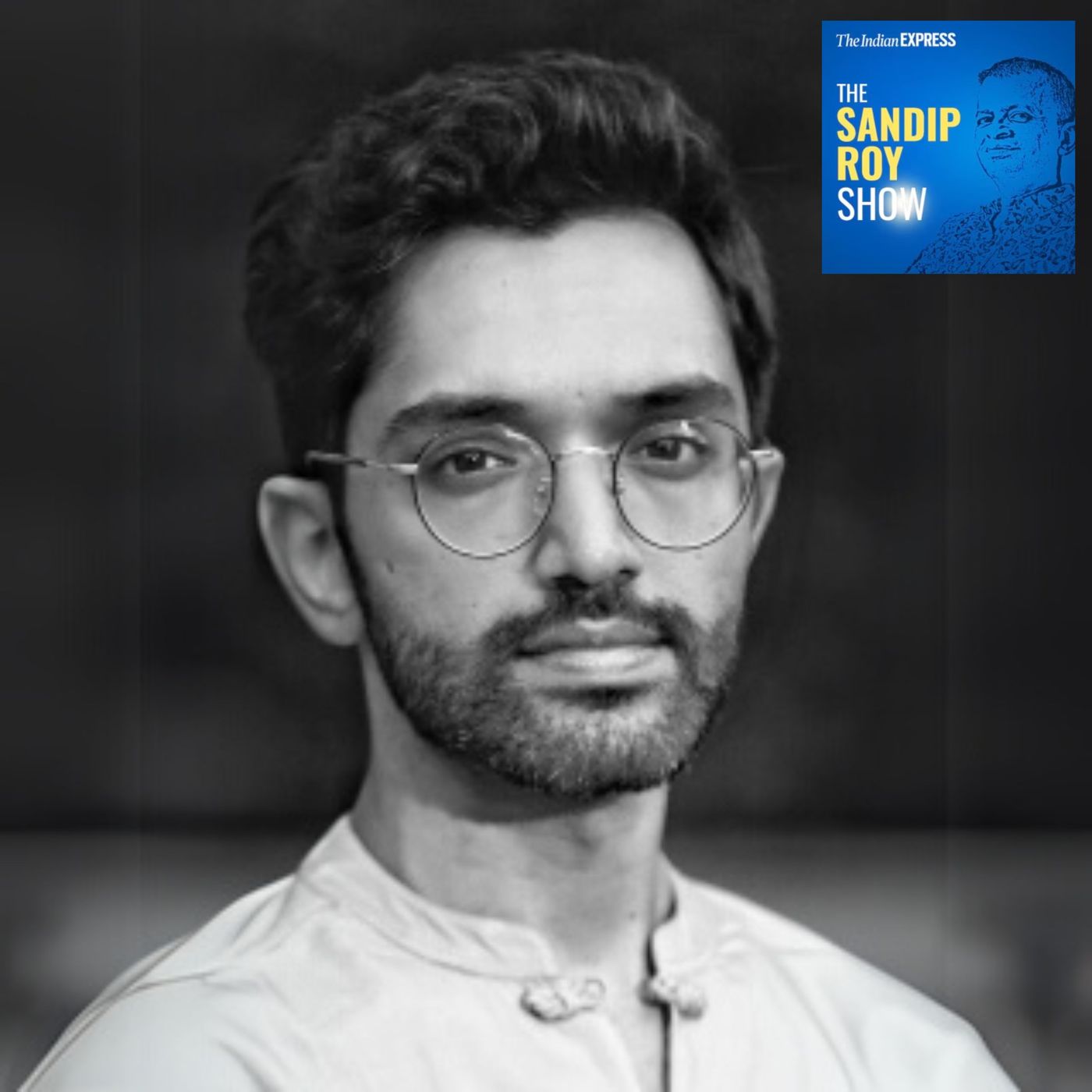
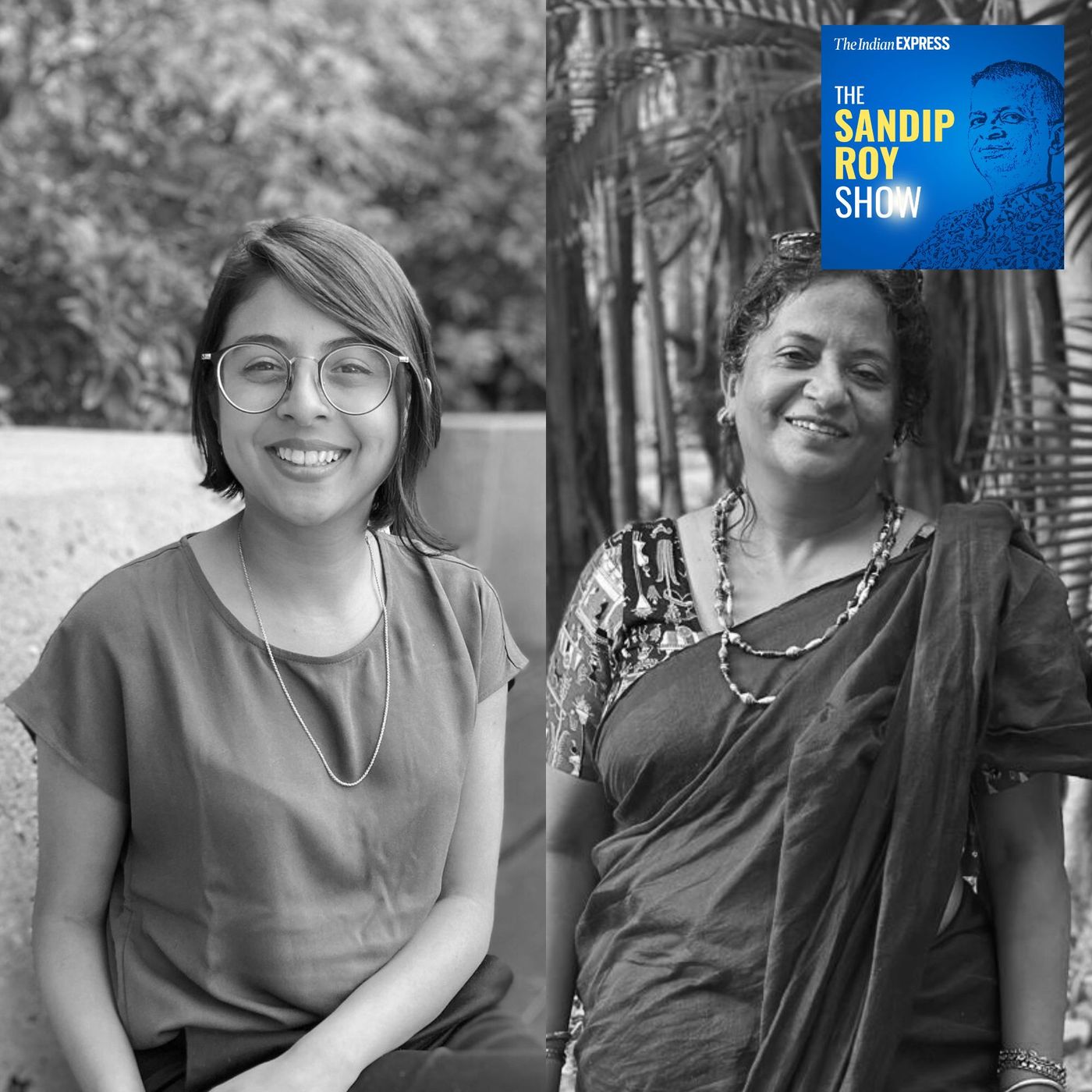
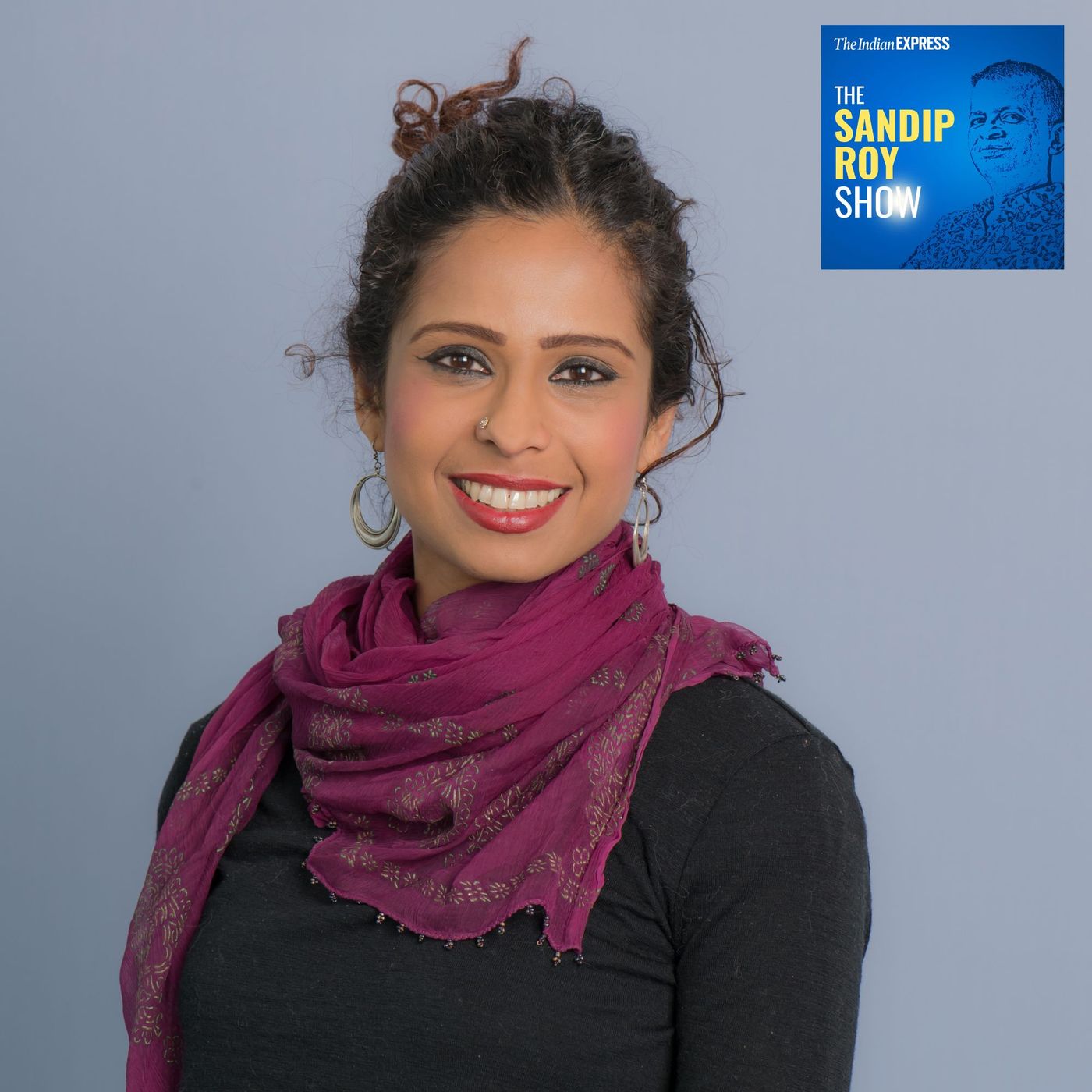



awesome